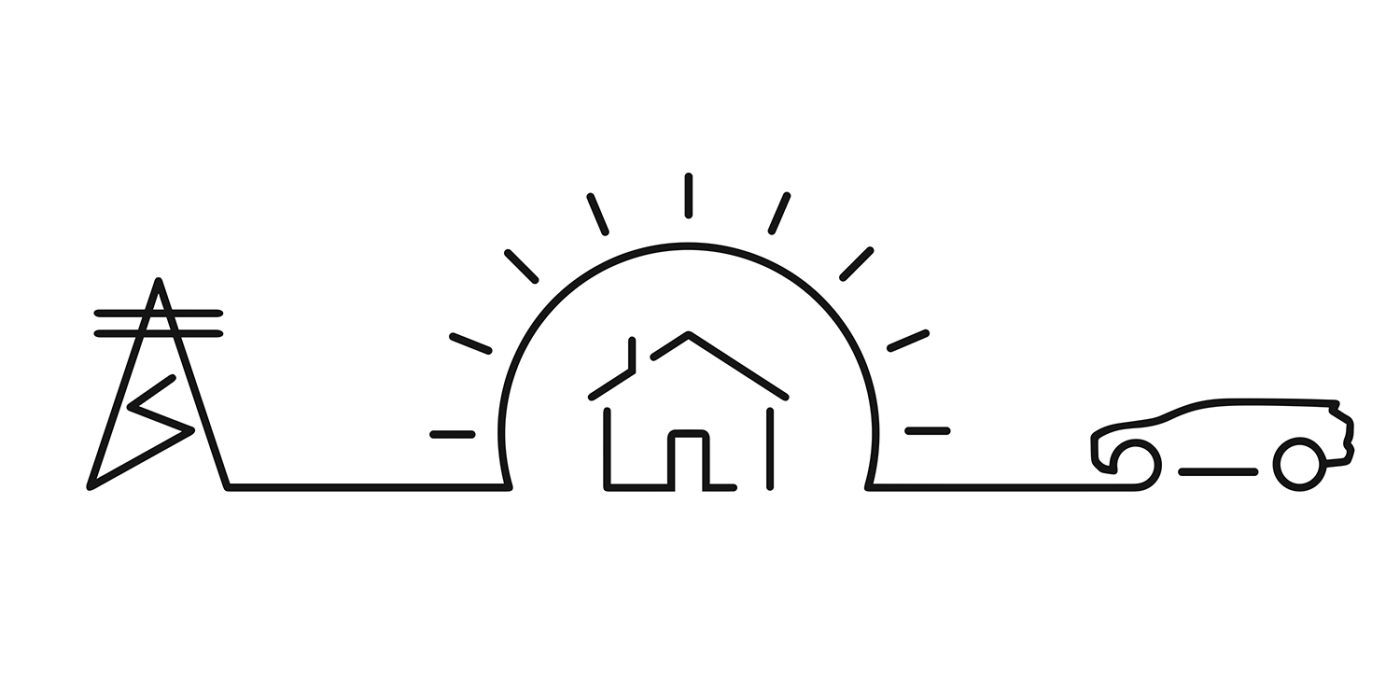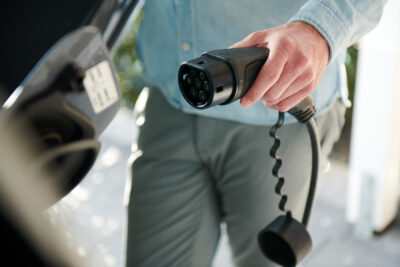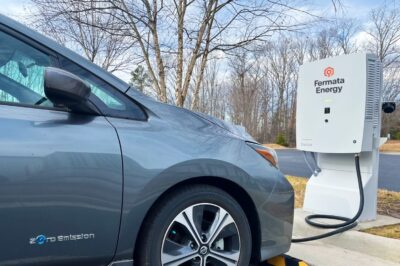BMW researches bidirectional charging with partners
In the recently started research project “Bidirectional charge management”, the project partners want to develop the technologies for a charge management ready for series production. The results are to be evaluated in a field trial with 50 BMW i3 at the beginning of 2021.
The participating companies and institutions from the automotive industry, energy industry and science want to jointly develop technological solutions in order to link vehicles, charging infrastructure and power grids with each other for the first time with a holistic approach promoting regeneratively generated energy while the security of supply simultaneously is increased.
The BMWi-funded project, under the oversight of the German Aerospace Center (DLR), is scheduled to run for three years and, in addition to regenerative systems for vehicles and wall boxes, will develop technologies for energy management systems as well as hardware and software for controlling charging processes. Legal and regulatory framework conditions will also be evaluated.
With bidirectional charging, the batteries in the electric cars can not only draw power from the grid, but also feed power back into the grid, provided that a charging station has been designed for this purpose. A big difference to another project that BMW is pursuing together with the grid operator TenneT: Smart charging control can temporarily reduce the charging power of electric cars from the outside. This can help to absorb peak loads. Here, however, no energy is fed back into the grid. The advantage is that no special charging station is required, the car communicates directly with the network operator.
With bidirectional charging, if as many electric cars are integrated into the power grid and can also feedback energy into the grid, they can be used as mobile energy storage devices to help absorb peak loads and stabilise the power grid. At the same time, volatile renewable energies such as solar and wind power can also be used to the maximum.
In individual cases, the integration of electric cars as primary control energy into the power grid has already been successful. According to the press release, however, integrating as many electric vehicles as possible into the power grid requires “myriad innovations in terms of vehicle technology, charging hardware, charging management, communication interfaces with energy sector stakeholders and legal parameters”.
These are the result of the research project in which include, in addition to the consortium leader BMW Group, Kostal Industrie Elektrik GmbH (development of charging hardware), the transmission grid operator TenneT, the distribution grid operator Bayernwerk Netz GmbH (both: energy system services), the Forschungsstelle für Energiewirtschaft e.V. (FfE) and Forschungsgesellschaft für Energiewirtschaft mbH (both: Energy System Analysis), the Karlsruhe Institute of Technology (KIT; research on electricity market and grid perturbations) and the University of Passau (user research).
The first 50 BMW i3s with bidirectional charging technology are to be tested under real-life conditions from the beginning of 2021. These are specially retrofitted vehicles because the CCS standard used in the i3 does not currently support bidirectional charging, but the CCS initiative CharIN is targeting this for the year 2025.
During a one-year pilot phase, private and fleet customers will be equipped with regenerative BMW i3, suitable charging hardware and associated digital services in order to test the customer benefits and user-friendliness of the solutions developed to date under real conditions. With this field test, the project partners want to create the basis for a later serial and thus area-wide application of the technology for the integration of electromobility into the German power grid.





0 Comments